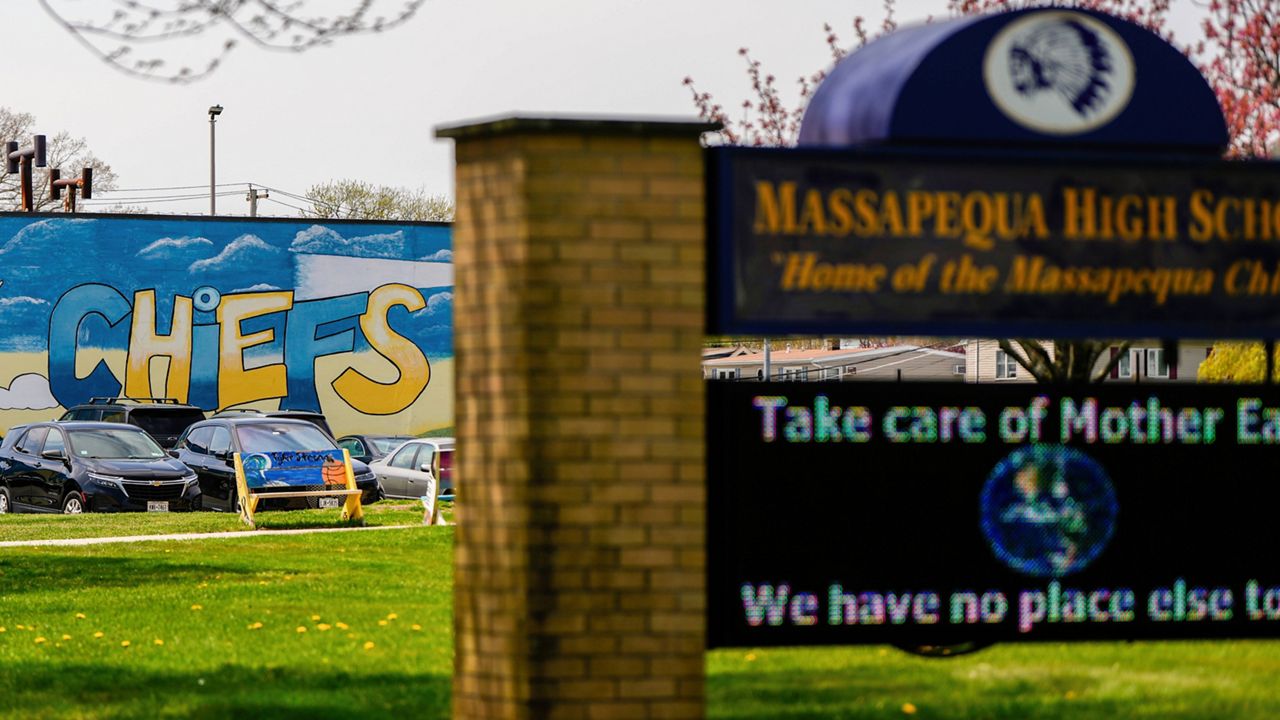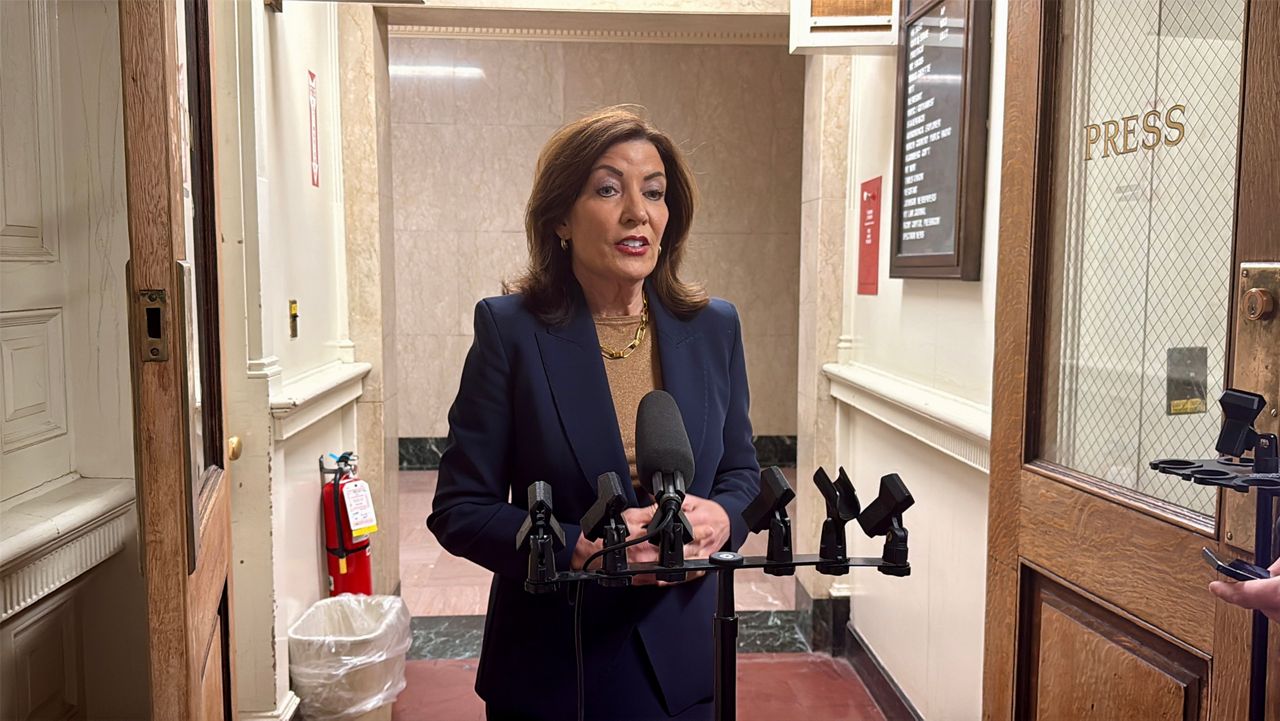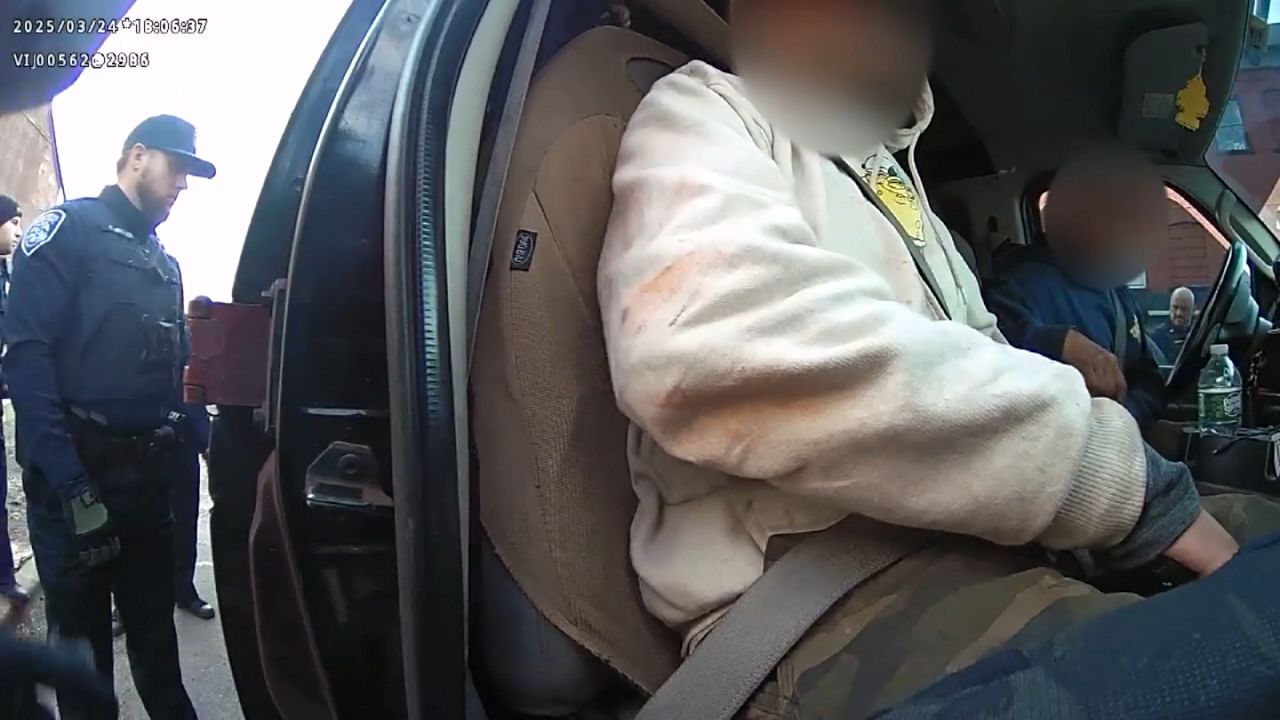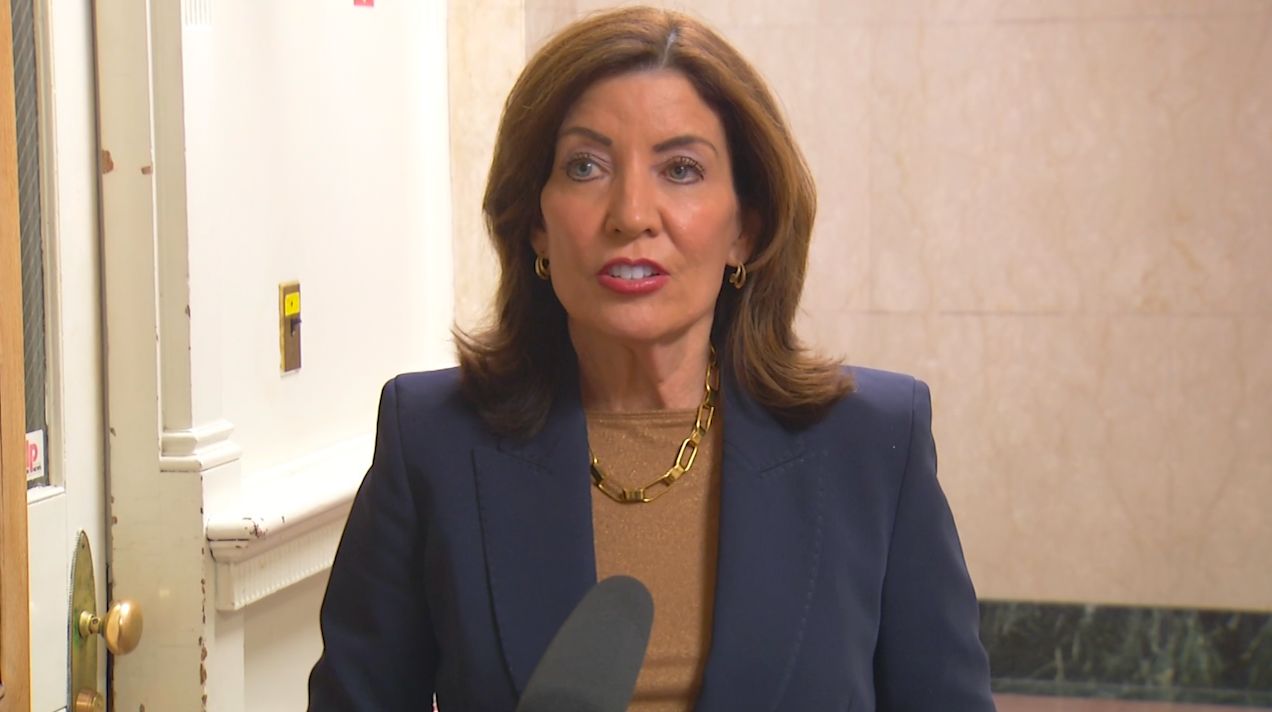Lawmakers commenced a legislative conversation Wednesday about how to strike the right balance in preparing students for an active school shooting incident without perpetuating a cycle of fear.
Many parents have complained to their state representatives about how their child's school district handles a lockdown or active shooter drill, including no notification it was going to happen or using and firing a cap gun or other fake weapon — practices psychologists and law enforcement agree cause harm to students and staff.
New legislation would reduce the state's required number of lockdown and active shooter drills from four to one per academic year.
"New York state now requires the highest number of lockdown drills of any state in the country," sponsor Sen. Andrew Gounardes said. "...Studies have shown that they lead to a 39% spike in depression, a 42% increase in stress and anxiety and a 23% increase in overall psychological health problems."
The measure would also require drills be trauma-informed with age-appropriate explanations for students and guidelines adopted by each district about how to respond to students' physical and emotional needs during and after the training.
Parents and guardians would be notified at least one week before the drill takes place and would be able to opt their child out of the drill altogether.
Bill sponsors say the state mandated a high number of drills without setting other standards, which created a lack of consistency across school districts.
"In 2016, when this was passed, we didn't know, right?" sponsor Assemblywoman Jo Anne Simon said Wednesday. "So the kind of training the state [Education Department] may have done at that time is going to be minimal. We know so much more, this is what they need to be doing."
Experts have studied and know more about lockdown drills than when the legislation was first passed in 2016 in response to the national culture of mass shootings, lawmaker said.
Mac Hardy, director of operations with the National Association of School Resource Officers, argues active shooter drills help keep students and staff safe, especially if there's a substitute teacher.
"I've heard of schools doing it one time [annually]," Hardy said of how frequently drills should take place. "We do two per year in the area where I came from."
The association stands against people using cap guns or other fake weapons as part of training.
"We don't believe in that," Hardy said. "We don't believe in causing that fear and that panic bomb into the some adolescent child and causing him more trauma than needs to be."
Hardy says it should be mandated for parents who opt their child out of the drill to be given safety materials about the school's practices to discuss at home.
"Those parents need to be informed, also," he added. " All parents need to be informed of our safety drills."
The state Education Department does not have requirements or standards classifying improper active shooter training practices in New York schools.
The department is working on better communication with school officials and school resource officers.
"It is important for school administrators and leadership teams to always be prepared for any possible incident, but in this time of heightened anxiety related to school safety, it is particularly important to facilitate a safe and calm culture of preparedness, as well as clear communication between law enforcement and school officials," SED spokesman J.P. O'Hare said in a statement Wednesday. "To that end, much of this work is already underway with the ongoing development of guidance and resources to support schools in developing high-quality emergency response plans to inform students on emergency procedures. We are working with national experts to develop best practices for drills that result in students and staff feeling more prepared and not traumatized while maintaining a commitment to preparedness. This June, NYSED will release a 13-module training video series to make this information more accessible to district and school staff. We are also engaged in developing a curriculum that includes guidance, training materials, and resources to train school staff and students in how to respond to specific emergency situations."
School districts would also have to make accommodations for students with Post-Traumatic Stress Disorder, anxiety, a physical disability or other relevant medical conditions during lockdowns and active shooter drills if the measure becomes law.
Lawmakers today say they are discussing this legislation with experts including school administrators and psychologists. School resource officers or members of law enforcement have not been part of the conversation to date.
Hardy is urging New York legislators to consult a broader team of stakeholders to create the best policy, including school counselors, teachers, students and law enforcement to strike the right balance in drill frequency and efficacy.
"Over time, we're learning," said Simon, a Brooklyn Democrat. "We're learning how much of this has not been trauma-informed, and that a trauma-informed approach, actually, is best practice."










